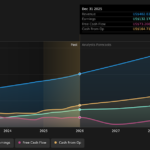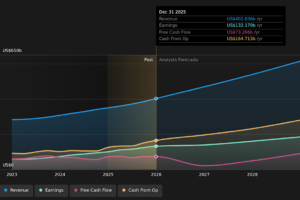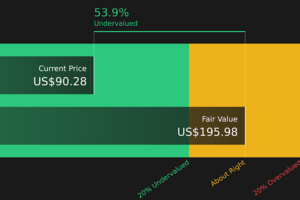(Bloomberg) — Facebook Inc. will seek to block disclosures from years’ worth of privacy reports it submitted to the U.S. Federal Trade Commission, according to filings in a lawsuit seeking the release of information in the documents.
Facebook plans to intervene in a lawsuit that seeks to pry open information contained in the privacy reviews, according to a legal filing. The Electronic Privacy Information Center is suing the FTC to make the disclosures under government open-records laws. Facebook told the FTC and EPIC of its plans during an April 9 conference call, according to the filing. The judge gave Facebook until May 3 to file.
As part of a 2011 settlement settling charges that Facebook deceived users when it said they could keep their data private, the company had to submit to privacy assessments every other year for 20 years to document that it had enough controls to protect user data. Facebook hired PricewaterhouseCoopers LLP to conduct the reviews. In three reports that the FTC has made public, with dozens of pages blanked out, PwC concluded the privacy program was working.
Questions about the accuracy and thoroughness of those checkups have arisen amid a string of scandals and missteps in how the world’s largest social media site has been handling user data.
“Is there something hidden in the audits that we can’t see that explains the other things that we now know about?” said Alan Butler, a senior counsel at EPIC, referring to Facebook’s repeated privacy scandals. “Or is there some problem in the audits and the audit process?”
Heavy Redactions
The reports contain details of Facebook’s privacy program and initiatives, followed by pages with heavy or complete redactions about the company’s privacy measures and results of tests carried out by PwC. The FTC decides which information can be released under the law and which remains blanked out.
Facebook and PwC declined to comment. The FTC didn’t immediately respond to requests for comment.
Facebook could face billions in fines from the FTC, which is investigating whether data shared with a British political consultancy, Cambridge Analytica, violated Facebook’s agreement with the agency. The firm, which also worked with Donald Trump’s 2016 presidential campaign, obtained the data of millions of Facebook users and their friends by sucking up information on those who took a personality quiz.
‘Competitive Harm’
EPIC is challenging redactions of the privacy audits that the FTC made under measures designed to protect business and trade secrets. The group can argue that an agency has failed to show that releasing the information would cause “competitive harm,” Butler said.
“The FTC’s investigation into Facebook is one of the most high profile and important privacy enforcement issues in the United States over the last 10 years, and the public has a right to know what’s going on,” he said.
It’s not always easy to say whether an agency should treat business information as confidential, particularly with respect to privacy protections, which some tech companies now view as part of their competitive value, said Alysa Hutnik, who chairs the privacy practice at Kelley Drye & Warren LLP. She said Facebook may seek to postpone the case because a dispute over similar issues is headed to the Supreme Court.
–With assistance from David McLaughlin.
To contact the reporter on this story: Ben Brody in Washington at [email protected]
To contact the editors responsible for this story: Sara Forden at [email protected], Molly Schuetz, Paula Dwyer
<p class="canvas-atom canvas-text Mb(1.0em) Mb(0)–sm Mt(0.8em)–sm" type="text" content="For more articles like this, please visit us at bloomberg.com” data-reactid=”56″>For more articles like this, please visit us at bloomberg.com
©2019 Bloomberg L.P.













